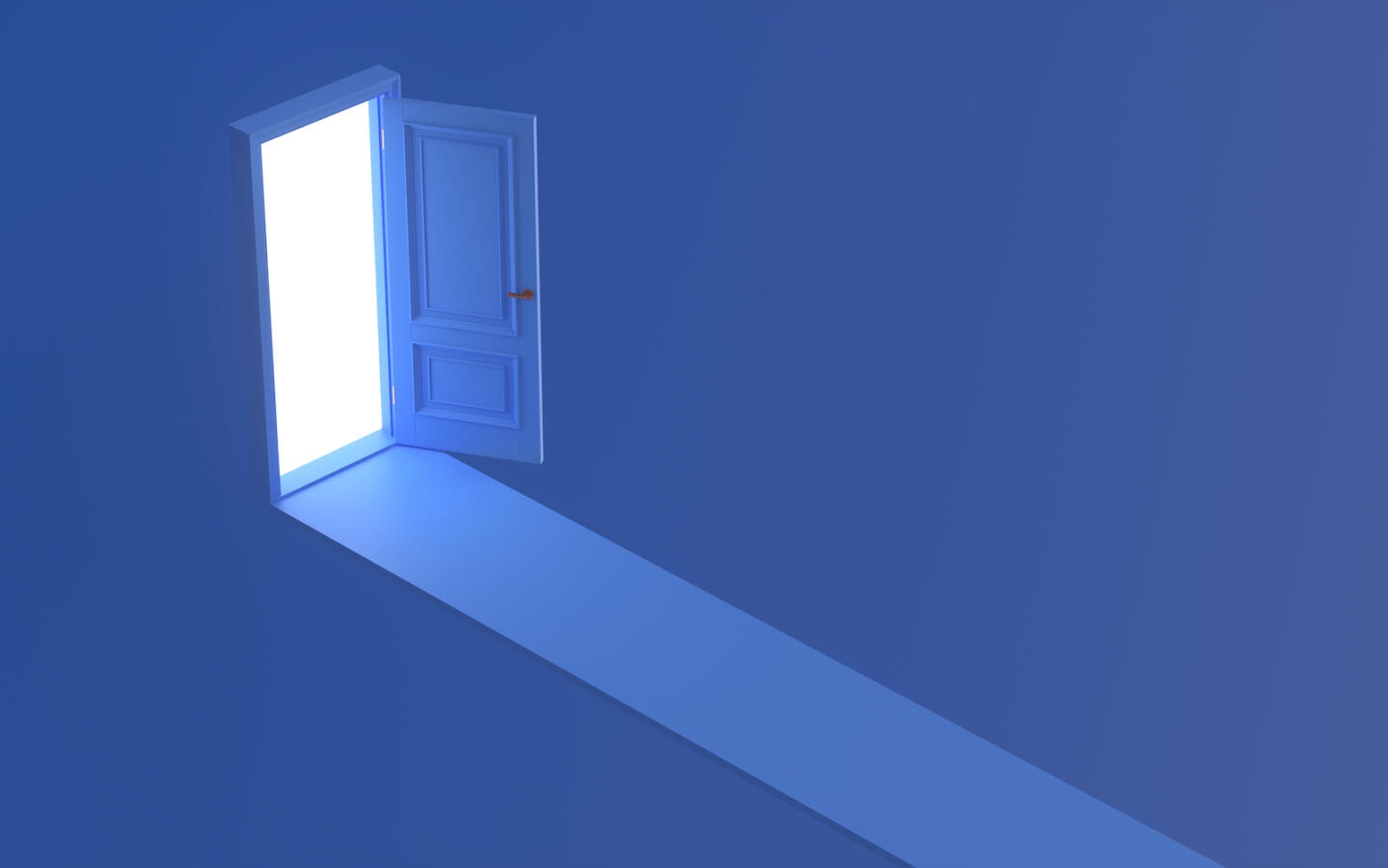A poor man used to divide his meager income in half — half to pay the entry fee for the house of study, and half to buy food for himself and his family. One day, he earned nothing and couldn’t afford the fee, so the guard at the study hall door refused to let him in. Undaunted, he climbed to the roof and listened in through the skylight until snow came down and covered him.
At the age of 40, an unschooled shepherd saw rock worn away by water in a well. “My mind can’t be harder than this stone,” he said, and decided to accompany his child to school. Side by side, they learned the alphabet. He asked question upon question and was not taken seriously. But eventually, he became one of the greatest scholars of his time.
A woman struggling with infertility went to a sacred place to pray to God for help. The religious leader who was officiating saw her moving her mouth without speaking and accused her of being drunk. “How can you judge me?” she asked him. “I am here out of sorrow, speaking from my heart.”
The great rabbi Hillel started his studies on that rooftop, and later became renowned for opening doors to others. Akiva, the leader of his generation, started his studies at 40 years of age. And Hannah spoke out of her sorrow, had the courage to correct her accuser, and gave us a new way to pray.

Help us keep Jewish knowledge accessible to millions of people around the world.
Your donation to My Jewish Learning fuels endless journeys of Jewish discovery. With your help, My Jewish Learning can continue to provide nonstop opportunities for learning, connection and growth.
I wonder sometimes how many Hillels, Akivas, and Hannahs walk away from Jewish life. There are so many barriers we erect to Jewish learning and leadership, and even Jewish identity. One of the great ironies of modern Judaism is that we are simultaneously afraid for our survival (“What if there aren’t enough Jews?”) and afraid to let people in (“Wait, what kind of Jew are you?”).
And yet, those who persist in claiming their place bring precisely the perspective we need. They challenge established assumptions; they bring new insights to ancient texts. Back in 1920, the German Jewish philosopher Franz Rosenzweig, speaking at the opening of his Lehrhaus center of Jewish study that was intended to be open to all, said:
A new “learning” is about to be born — rather, it has been born. It is a learning in reverse order. A learning that no longer starts from the Torah and leads into life, but the other way round … we all know that in being Jews we must not give up anything, not renounce anything, but lead everything back to Judaism. From the periphery back to the center; from the outside, in.
This Shabbat, I will have the privilege of witnessing 14 adults becoming b’nei mitzvah at our synagogue. For a variety of reasons, none of them observed this rite at the traditional age of 13. Many are women, to whom the doors were closed in more traditional settings. Others only became Jewish, or connected with their Judaism, as adults. The group includes a child survivor of the Holocaust and a parent of a newborn baby. Some have Jewish fathers, Jewish mothers, neither, or both. They are people of different ethnicities and different mother tongues. What they all have in common is that none of them take their Judaism for granted — even if they grew up immersed in Jewish life. One way or another, they are all coming from the outside, in.
Having done so, they ask profound questions: What do we do when the ancient text comes into conflict with our modern morality sensibility? Have we really come as far as we think on the inclusion of women and other marginalized groups? What might it mean to come to services and say prayers from the heart if we don’t believe in God? In a world in which I can pick and choose my spirituality, why would I identify with just one tradition?
As we have studied together over the last year, we have learned not only the value of these sorts of questions, but also that Judaism has significant wisdom to offer. And the more people we have at the table, full of diverse experiences and perspectives, the more likely we are to discover it.
Years ago, I found myself on the wrong side of a closed door into Jewish life. Now, I am privileged to be in the position to open the door for others. This Shabbat, when those 14 adults chant from the Torah and share their stories, who knows what new doors will be opened for those who hear them. Hillel, Akiva, Hannah; our adult b’nei mitzvah; those who have been on the wrong side of the door and those for whom the door took a long time to discover — everyone who comes from the outside, in. We are better together.
This article initially appeared in My Jewish Learning’s Shabbat newsletter Recharge on May 28, 2022. To sign up to receive Recharge each week in your inbox, click here.



